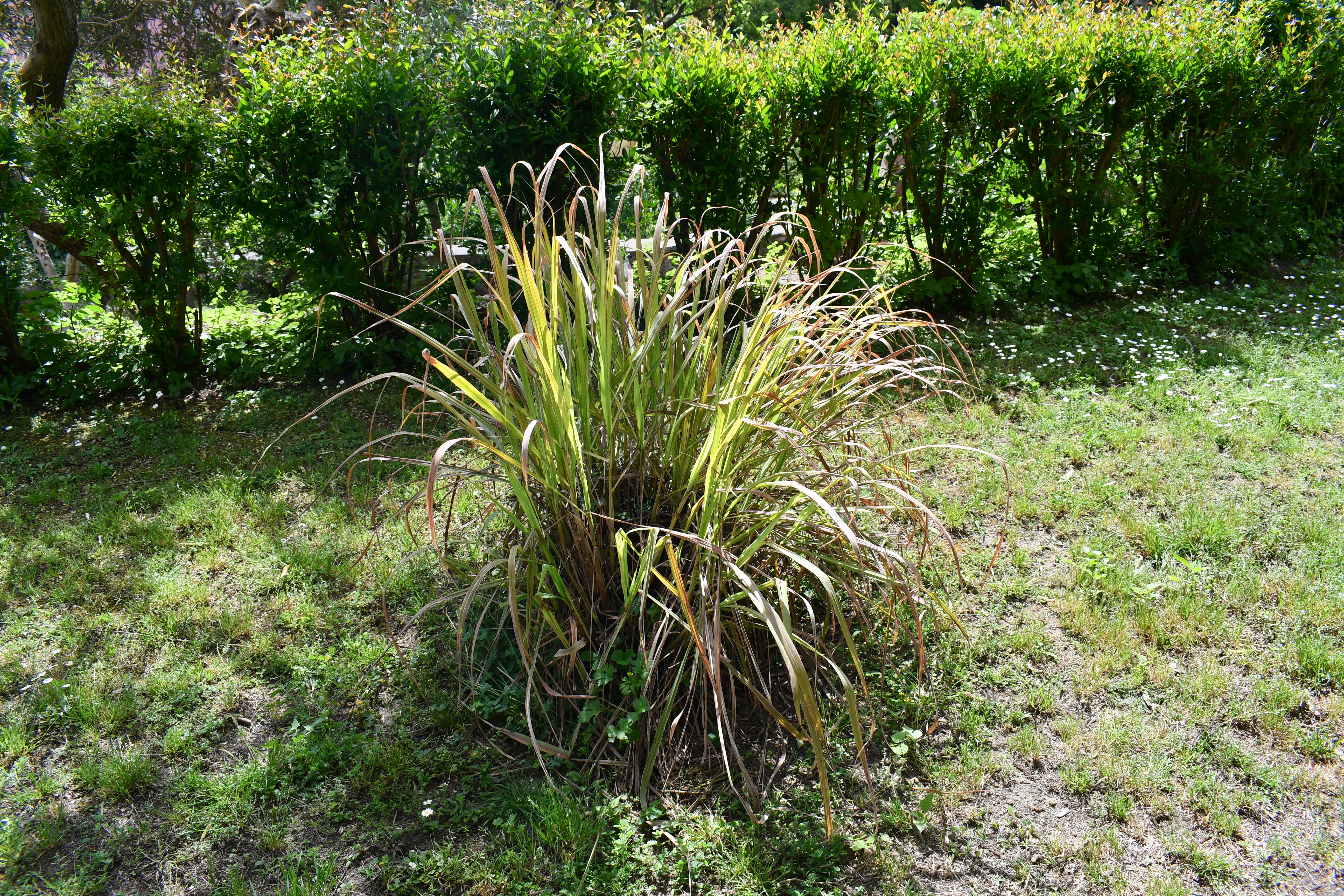Phytotherapy in the management of African healthcare: Our experience in Benin (West Africa)
DOI:
https://doi.org/10.6093/2724-4393/11767Keywords:
Ethnobotany, Phytotherapy, Traditional medicine, Africa, BeninAbstract
Africa, renowned for its vast plant biodiversity, remains the largest reservoir of infectious diseases globally, with high morbidity and mortality rates due to conditions like tuberculosis, malaria, and AIDS. Despite the limited availability of modern medical facilities, traditional medicine, particularly herbal remedies, is pivotal, serving approximately 90% of the population. The Republic of Benin, a small West African nation, exemplifies this reliance on phytotherapy. This review delves into how traditional medicine is integrated into Benin’s healthcare system, emphasizing the extensive use of medicinal plants for various local diseases. Through our personal experience at Ziniviè “La Croix” Hospital, we recorded the use of 41 medicinal plants. Comparing these findings with other African countries reveals both unique and common phytotherapeutic practices. Despite the advantages, the unregulated use of herbal medicines presents safety risks, highlighting the need for careful regulation and standardization. The study emphasizes the importance of combining traditional knowledge with modern scientific research to ensure the safe and effective use of medicinal plants.
Downloads




